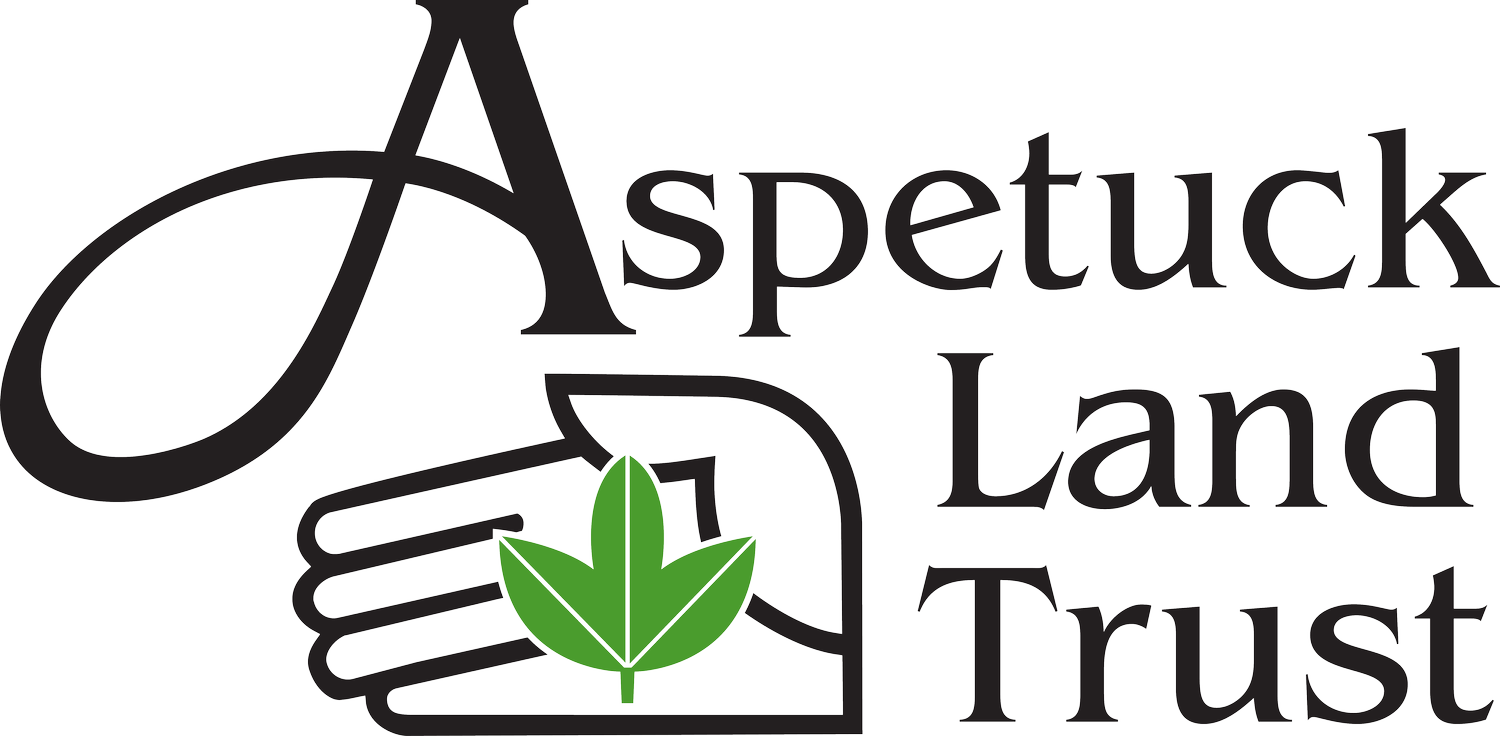CANCELLED due to last minute unforeseen circumstances, we will reschedule, apologies to all
Gardeners, land owners, and landscape designers have a vital role to play in strengthening, expanding, and enhancing regional biodiversity, ecological health, and climate change resilience. But what to plant, when to mow, where to focus on first, and how to measure the results?
Evan Abramson of Landscape Interactions will break down the science behind native plant as well as crop pollination, and explore the crucial role that native pollinators play in ecosystem health, climate resiliency, and food security. He'll then explore the recently completed Green Corridor Toolkit design for the Haskins Preserve in Westport, created specifically to support at-risk bees and butterflies in southwest Connecticut, based on ongoing research by Dr. Robert Gegear of UMass-Dartmouth. An interactive discussion with audience members will follow.
Evan Abramson, M.Sc. is a results-driven designer and planner on a mission to rebuild biologically diverse ecosystems through pollinator-plant interactions. As Founder and Principal of Landscape Interactions, he works closely with project partners from non-profit, private, and public sectors, on efforts ranging from regional corridors to site-specific designs. In 2020, Landscape Interactions was responsible for designing over 100 acres of habitat installed in the Northeast, specifically targeting at-risk bee and butterfly species for each project location.
Drawing on his diverse experience as a farmer, community organizer, documentary filmmaker, and photojournalist, Evan holds a Master of Science in Ecological Design from the Conway School of Landscape Design, Certificates in Permaculture Design and Biodynamic Gardening, and is author of the Lincoln and Great Barrington Pollinator Action Plans.




